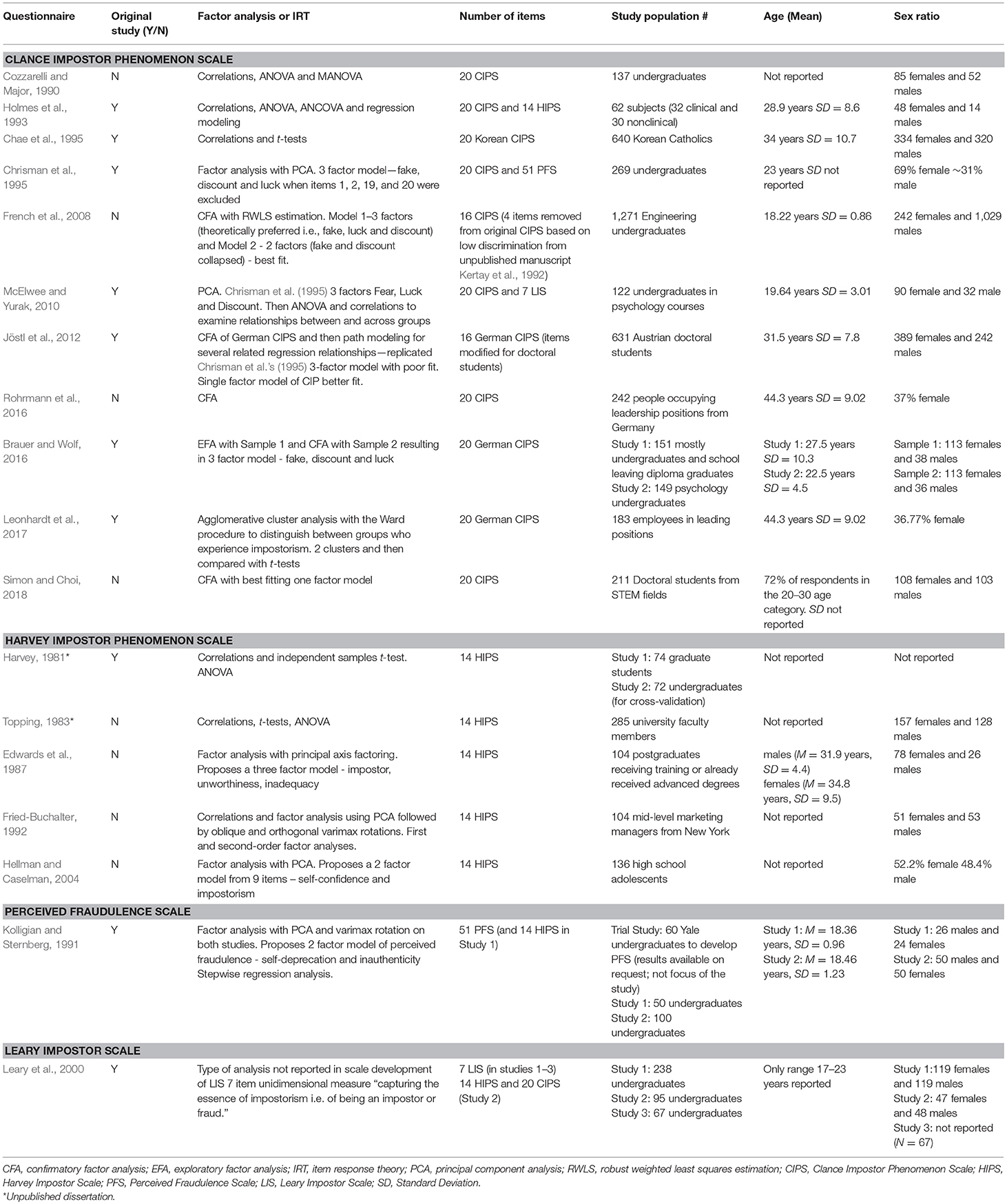How to Conquer Procrastination, Emotional Dependency, and the Impostor Syndrome
How to Conquer Procrastination, Emotional Dependency, and the Impostor Syndrome
Blog Article
In the modern age, many individuals struggle with mental and emotional challenges that hinder their success. Among these, procrastination, emotional dependency, and impostor syndrome stand out as common issues. What can you do to break free from these patterns?
In this guide, we will explore the root causes and strategies to address these three challenges. By understanding their impact and learning to manage them effectively, you can take control of your life.
Understanding Procrastination and Its Impact
Procrastination refers to postponing important activities even when you are aware of the consequences. It often stems from fear of failure, lack of motivation, or poor time management.

The effects of procrastination, it can lead to stress, o que é procastinar missed opportunities, and reduced productivity. Overcoming procrastinaçao procrastination requires procrastinação. developing better habits and breaking tasks into smaller steps. Consider techniques like the Pomodoro Technique or focusing on time-bound goals to stay on track.
What is Emotional Dependency?
Emotional dependency occurs when an individual relies heavily on others for validation, support, or happiness. Although relationships are fundamental, emotional dependency can become unhealthy when it leads to a lack of independence.

Symptoms often include a fear of rejection, difficulty making decisions independently, and constant seeking of external approval. Breaking free from this pattern, it’s crucial to build self-confidence and cultivate self-reliance. Engaging in personal development activities and professional guidance can provide significant support.
What is Impostor Syndrome?
Impostor syndrome refers to a psychological phenomenon where individuals doubt their accomplishments despite evident success. People with impostor syndrome often attribute their achievements to luck rather than recognizing their talent and hard work.

Impostor syndrome often results in anxiety, self-doubt, and hesitation to pursue new opportunities. Addressing this issue involves challenging self-critical beliefs and acknowledging personal successes. Seeking feedback from trusted peers and setting realistic expectations can also help you build confidence.
How to Address These Challenges?
Here are some practical steps:
- Create a routine to combat procrastination and set achievable goals.
- Recognize triggers that contribute to your emotional reliance and foster personal resilience.
- Acknowledge your strengths regularly and consider therapy or coaching.
Long-term improvement requires persistence, so keep practicing these methods to see positive changes.
Conclusion: Taking the First Step
These challenges may seem daunting, but they are manageable with the right strategies. With awareness and consistent effort, you pave the way for a healthier, more fulfilling life.
Start today by recognizing these patterns in your life and adopting simple, actionable strategies. Always keep in mind: progress is a journey, not a destination.
Report this page